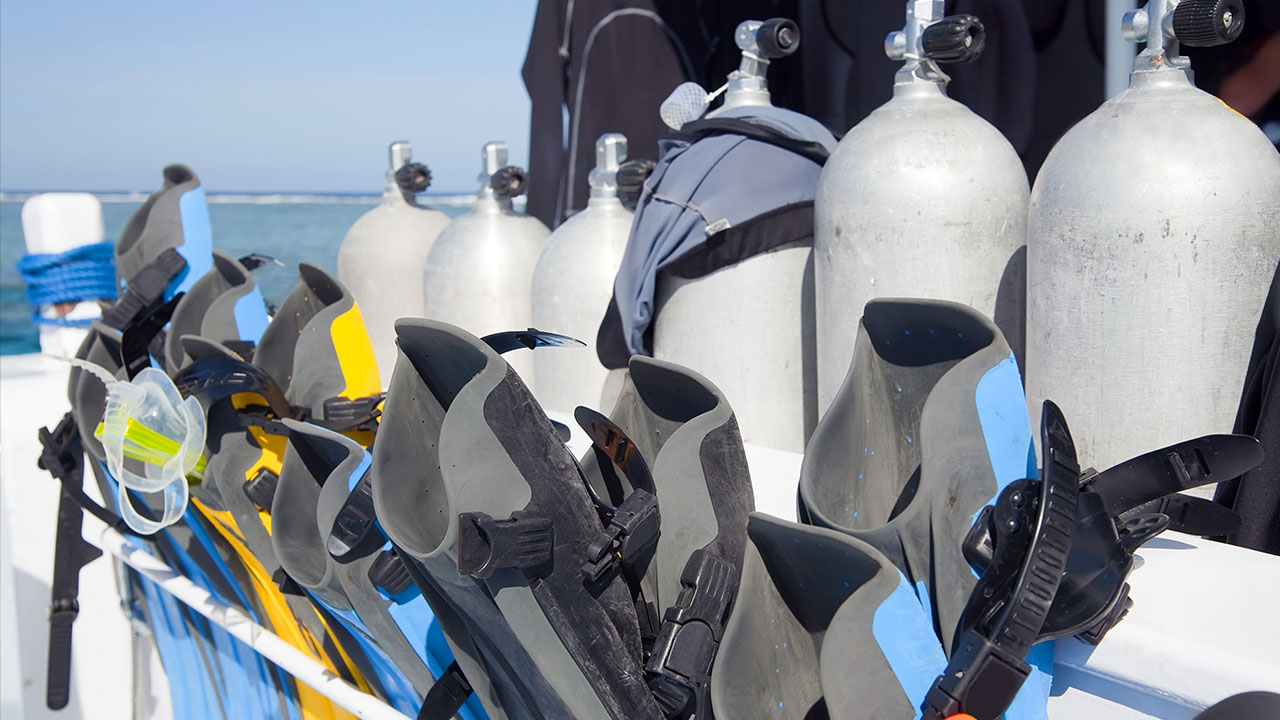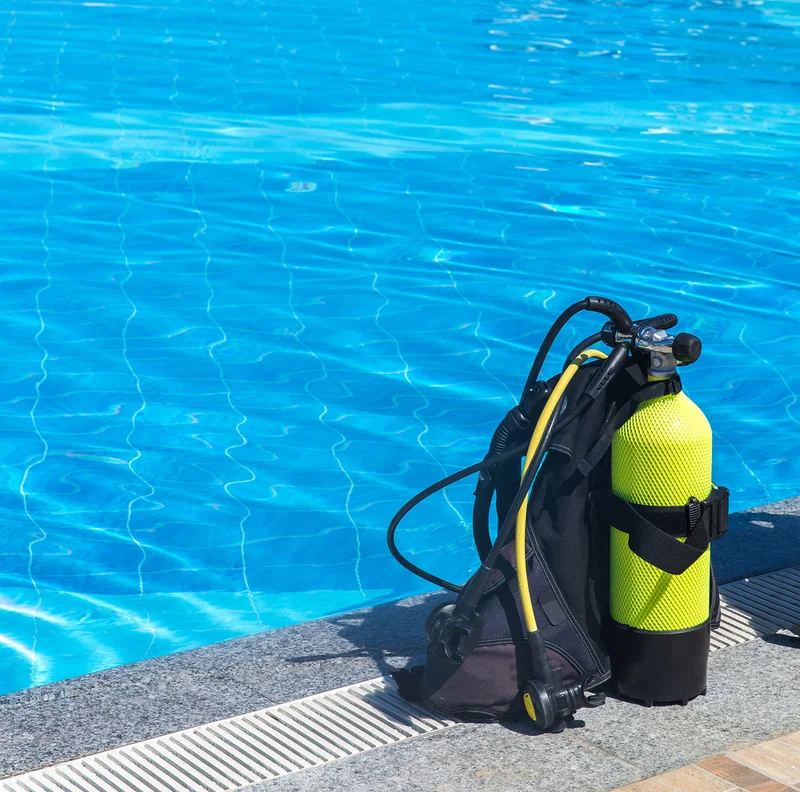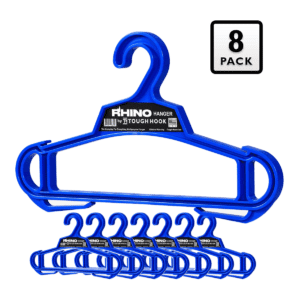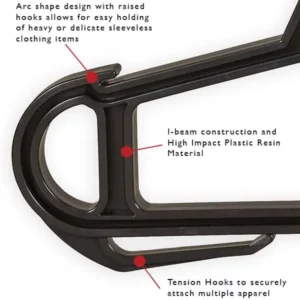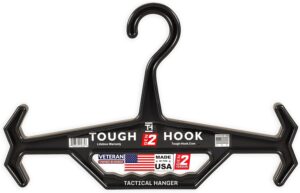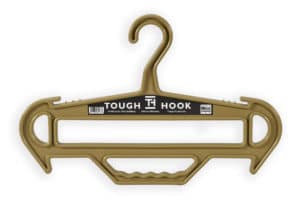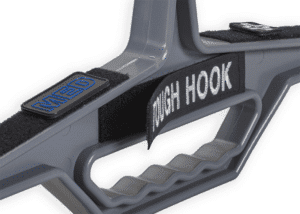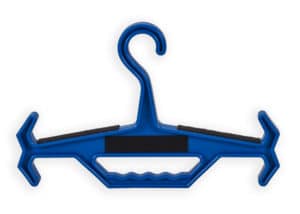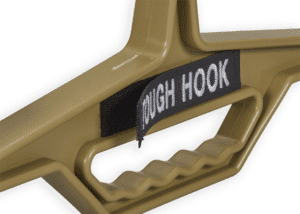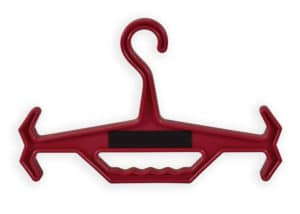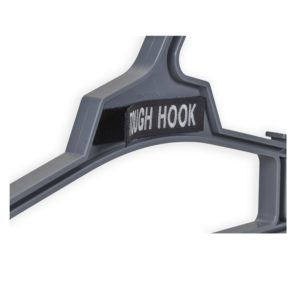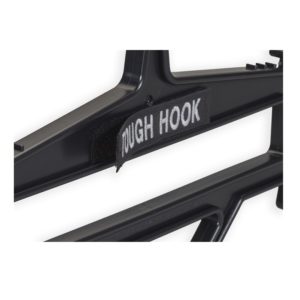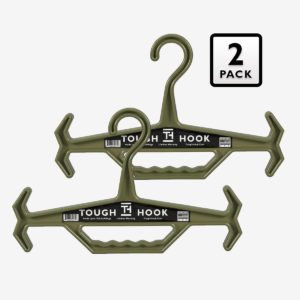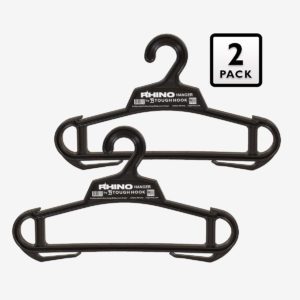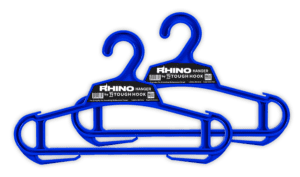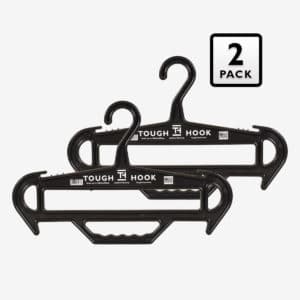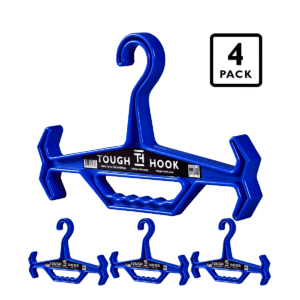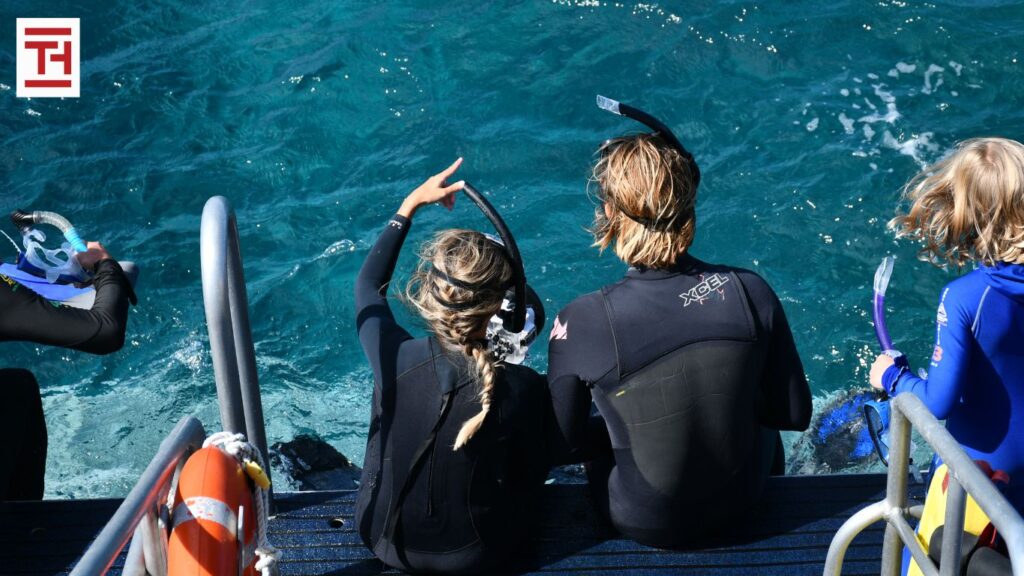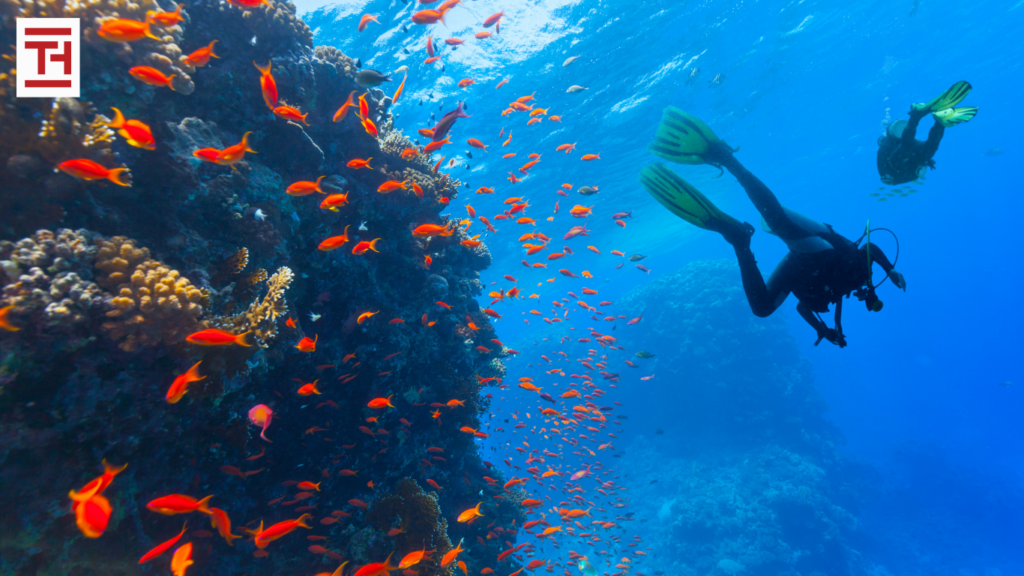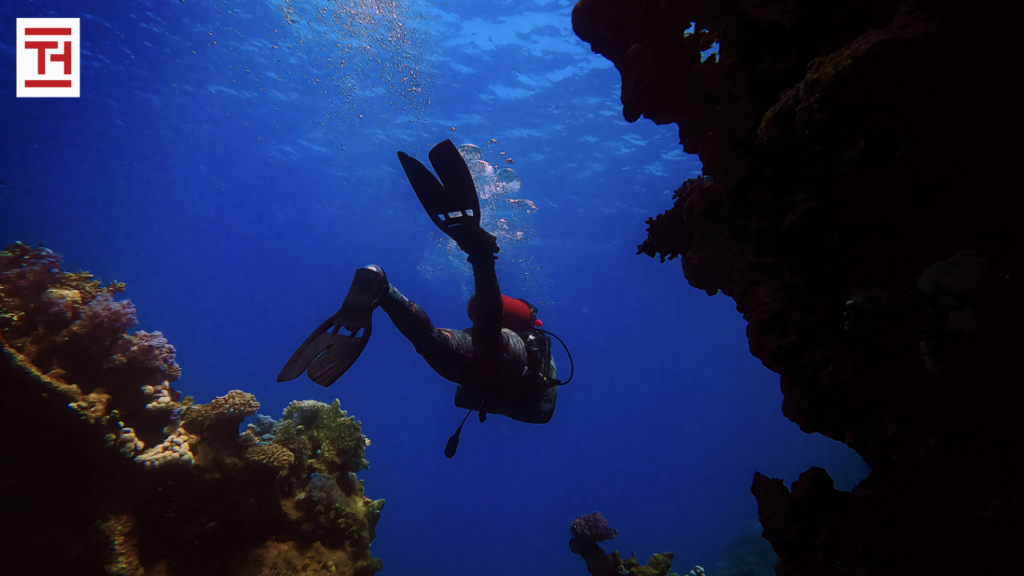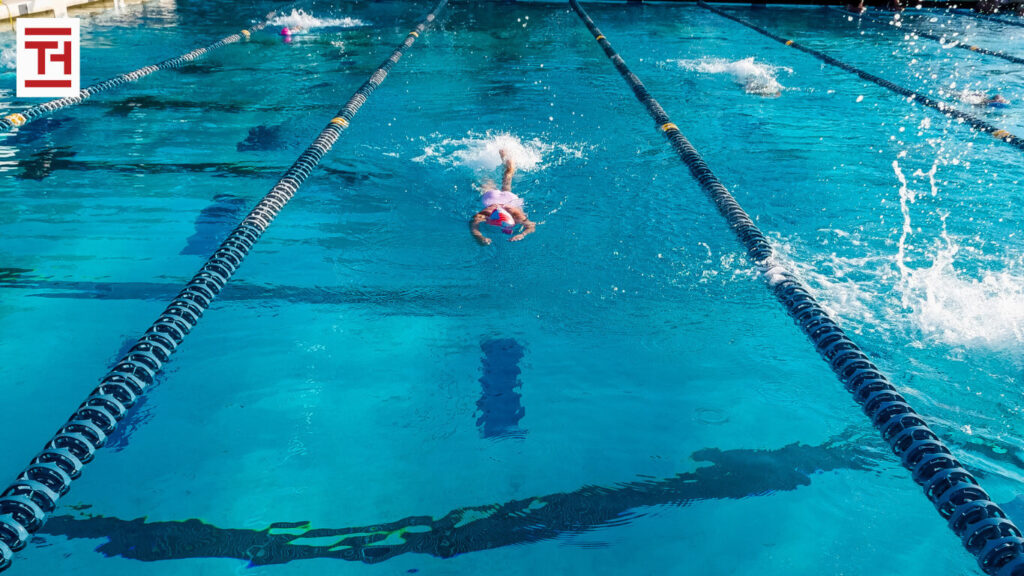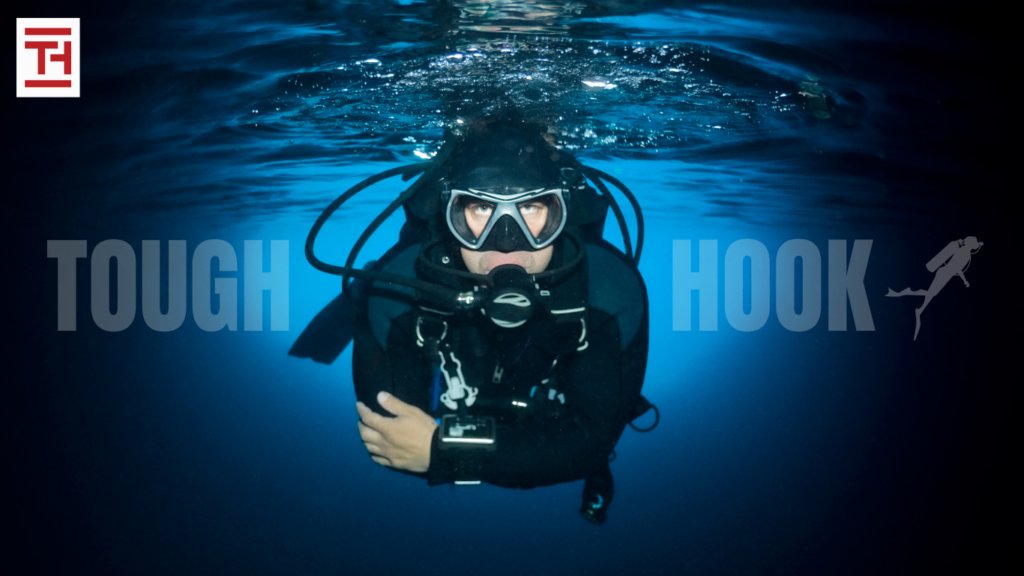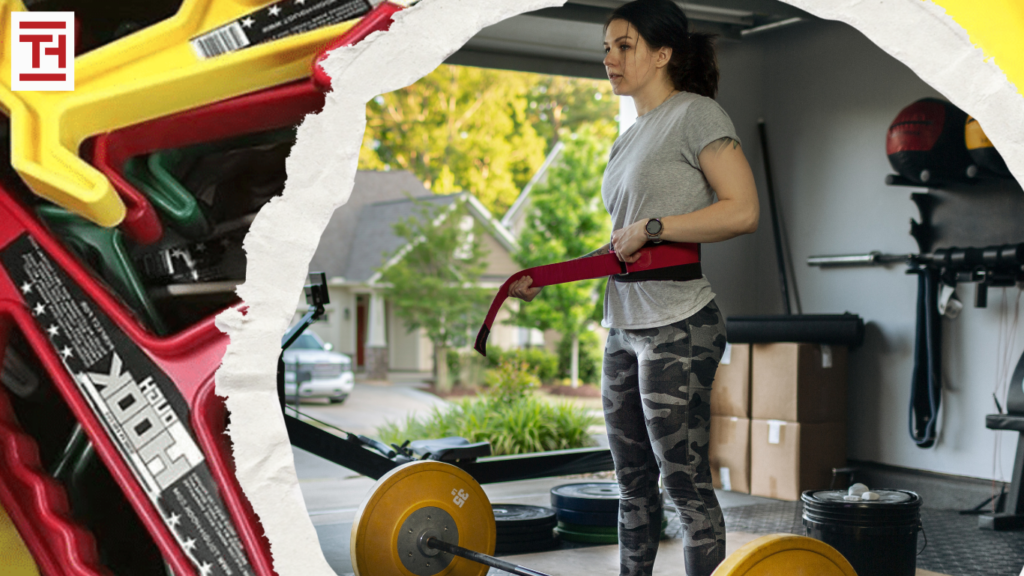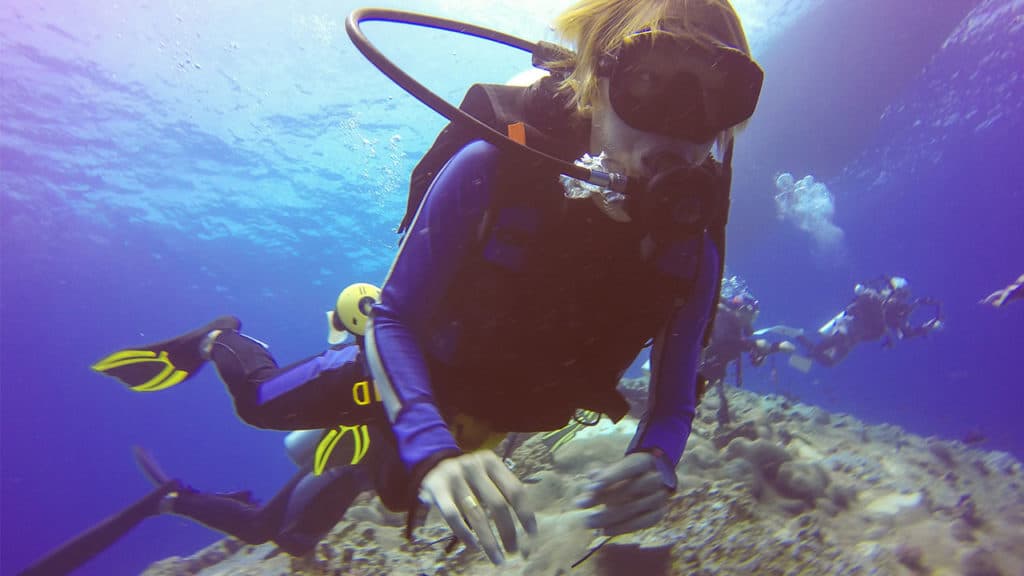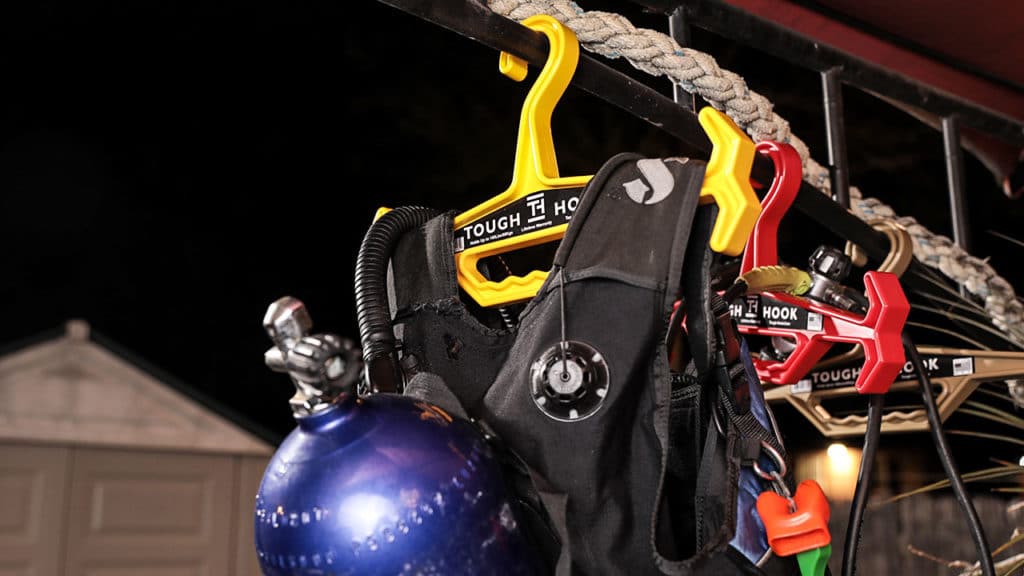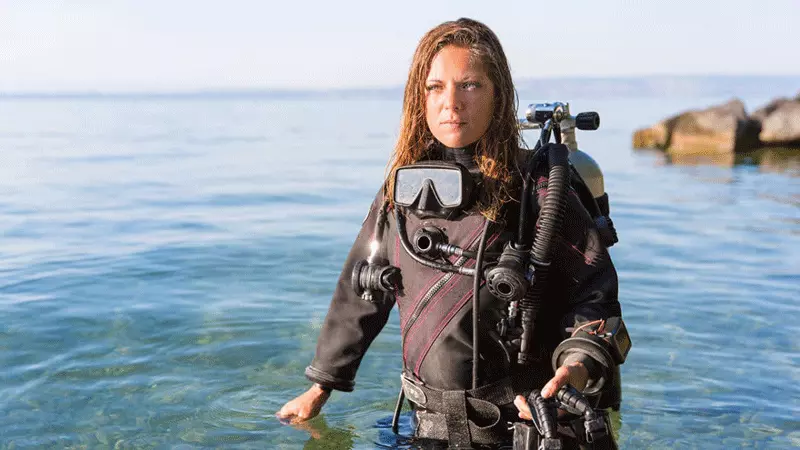The priceless value of your Scuba Gear
Scuba gear is both costly and complicated – most scuba enthusiasts have put a lot of time and money into assembling a kit that fits and works properly. It’s also what keeps you safe, and that’s priceless! This means that you’ll want to do everything possible to keep that gear in good condition so that it lasts as long as possible.
This isn’t quite as easy as it sounds, though. By its very nature, scuba gear is constantly exposed to water, sun, sand, and salt, all of which can be destructive to even the best-made equipment. Read on to learn about how to care for your gear so that you can get the most out of it.[/vc_column_text][/vc_column][/vc_row]
Rinse Well and Repeat
You’ve just gotten out of the water, so why do you have to rinse your scuba gear? Well, the water you were diving in is likely to be saltwater, and salt can be your enemy. Salt can corrode metal, and your dive computer, buoyancy compensator device (BCD), and regulator all contain critical metal parts.
In addition to salt, ocean water also contains plant particles, microscopic creatures, bacteria, and other goodies (do you know what fish do in that water?). This is another reason to make sure that your gear is clean, because this organic material can get rotten and putrid.
Sand also has a tendency to get into zippers, buckles, and other nooks and crannies. This can gum them up, rendering them less likely to work properly the next time around, and sand also often contains some of the same friends described above. You can use an old toothbrush to make sure that you get all the sand out of the teeth and buckles.
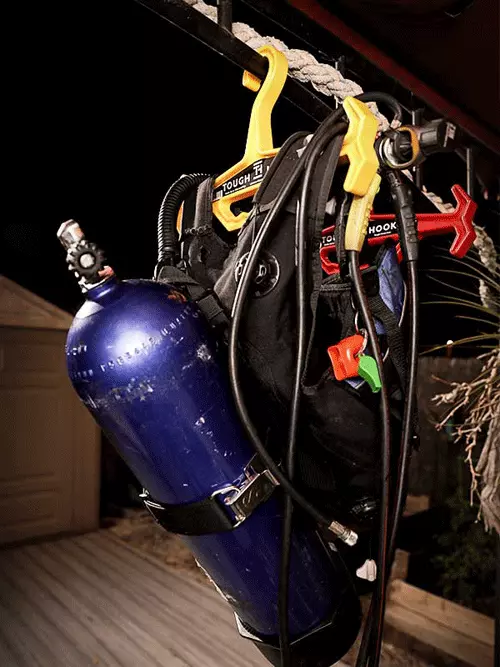
Avoid Direct Sunlight
The Professional Association of Dive Instructors warns that sunlight is the number-one enemy of scuba gear, and they should know! The ultraviolet rays in sunlight degrade the molecular structure of materials, which causes them to age quickly, become brittle, and inflicts other damage. As a lot of scuba gear features matte black surfaces, it is especially vulnerable as it will absorb and retain heat and light.
As soon as your gear is clean (see above) and dry, you’ll want to protect it by storing it in an opaque dive bag, and in a dark room or other space if at all possible. Even if you’re only on shore for a bit and it doesn’t make sense to clean and store your gear, you should try to keep it in the shade as much as you can.
2 Pack RHINO Heavy Duty Clothes Hanger Bundle
Original price was: $25.95.$23.95Current price is: $23.95.Be Careful
Usually, when you’re handling hundreds or thousands of dollars’ worth of equipment, “be careful” goes without saying. But scuba gear is athletic equipment, and most of us don’t think about how delicate and sensitive some of it really is.
The dive computer and regulator contain precision electronics, and your mask has to fit perfectly to do its job. All of these pieces can be damaged or rendered useless very easily, so you really do need to be careful with your stuff.
Don’t ever leave them on the floor (at home, on the boat, on the deck, at the dive center) where they could be kicked or stepped on. Make sure that they are stored in your dive bag, and take charge of that dive bag. Remember those announcements at airports that warn that you should never let anyone else have control over your luggage for even a short time? Play that in your head. Try to load your bag on the boat yourself so that you can be sure it’s being treated properly.
Once you’re home and unpacked, store your suits on thick, wide plastic hangers. Metal hangers can rust, which is not good for your equipment, and thinner hangers of any material can stretch out the material, or even poke through it; as you know, dive suits can be heavy!
Let it Breathe
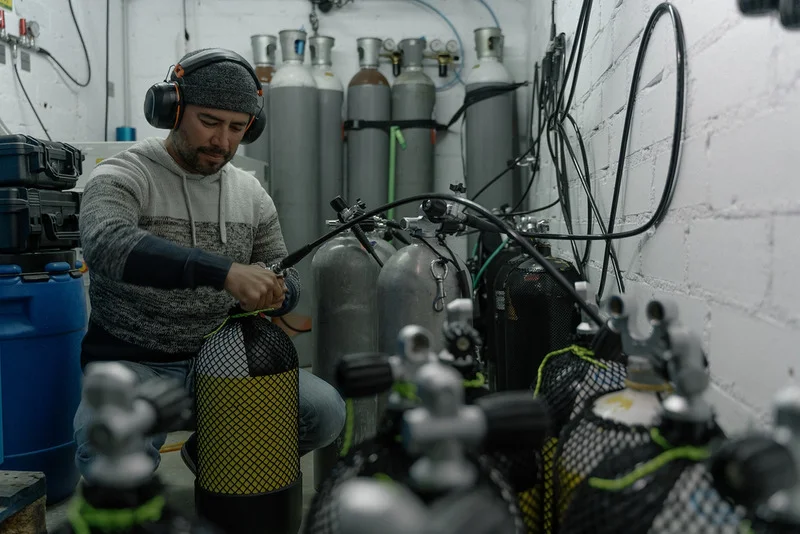
Again, this one is for once you get home, or at least a temporary home. As we said above, you’ll want to store your gear in a dark and cool environment. But you also need to make sure that dark and cool doesn’t also include damp. Dampness, especially in basements or sheds where you don’t visit often, can lead to mold, mildew, and insects or vermin. None of these are very good for your scuba gear!
Your snorkel tubes, regulator hoses, and BCD bladder should be hung to dry thoroughly in a well-ventilated area. This keeps them fresh and in good condition. Make sure that you have enough room so that there is airflow between the pieces of your gear. Once you are sure that they are completely clean and dry, you can store them in an airtight dive bag or other storage container.
QUICK NOTE ABOUT SCUBA GEAR STORAGE:
Optimize your Scuba Gear Storage: Keep your wet suit, Buoyancy Compensator Device (BCD), dry suit, and accessories safe and organized with Tough Hook hangers. Proper storage of your Scuba equipment is important to maintaining performance and protecting your investment. Because all Tough Hook hangers can handle up to 150+ lbs. of equipment, you can hang all your gear in one place for easy access. And most importantly, they won’t end up on the ground or scattered in the boat floor. Other hangers may bend or break, but Tough Hooks are tested to handle all challenging jobs. Hang O2 tanks, wet suits, fins, masks, and various accessories with our “no-hassle” drying and storage heavy duty hanger.
Frequently Asked Questions
What can damage the scuba gear post-dive?
Exposure to saltwater, sun, sand, and organic material can harm the gear.
Why should I rinse my scuba gear after a dive?
Rinsing removes corrosive salt, sand, and potential organic contaminants.
Can sand harm my scuba gear?
Yes, sand can clog zippers and buckles and potentially damage other gear parts.
What’s the issue with exposing scuba gear to direct sunlight?
Sunlight, especially UV rays, degrades the material, causing it to age faster and become brittle.

